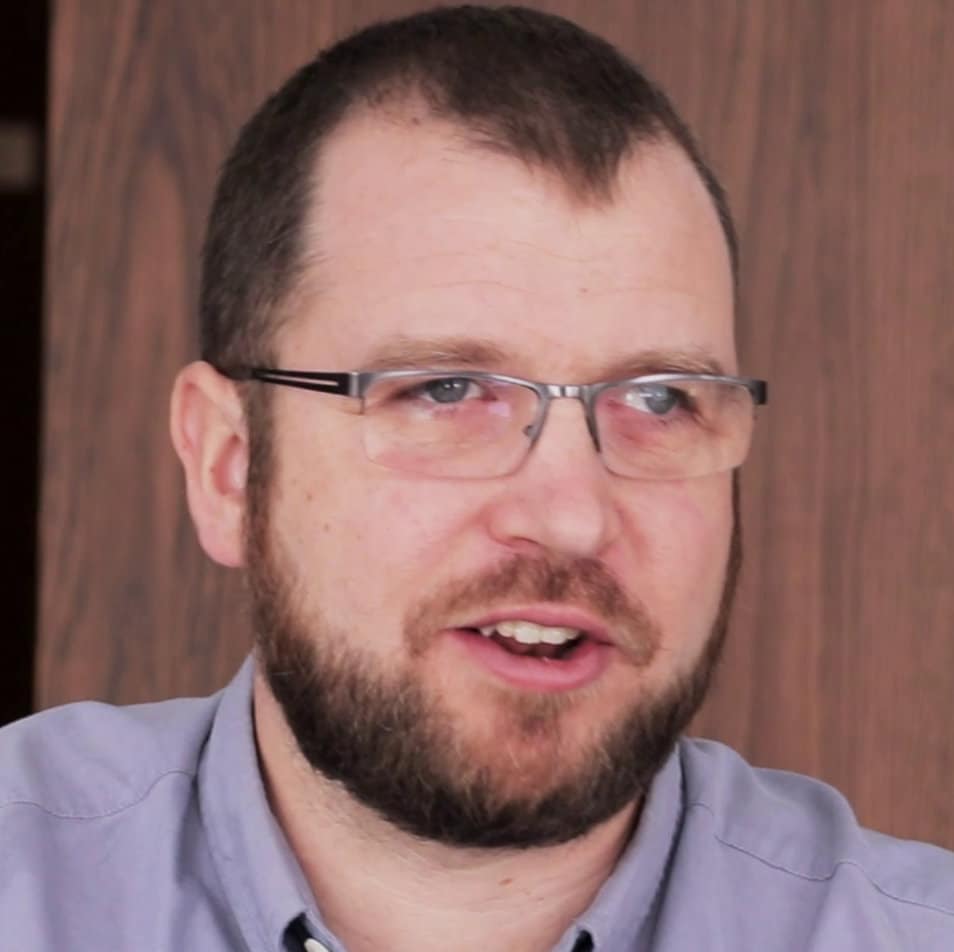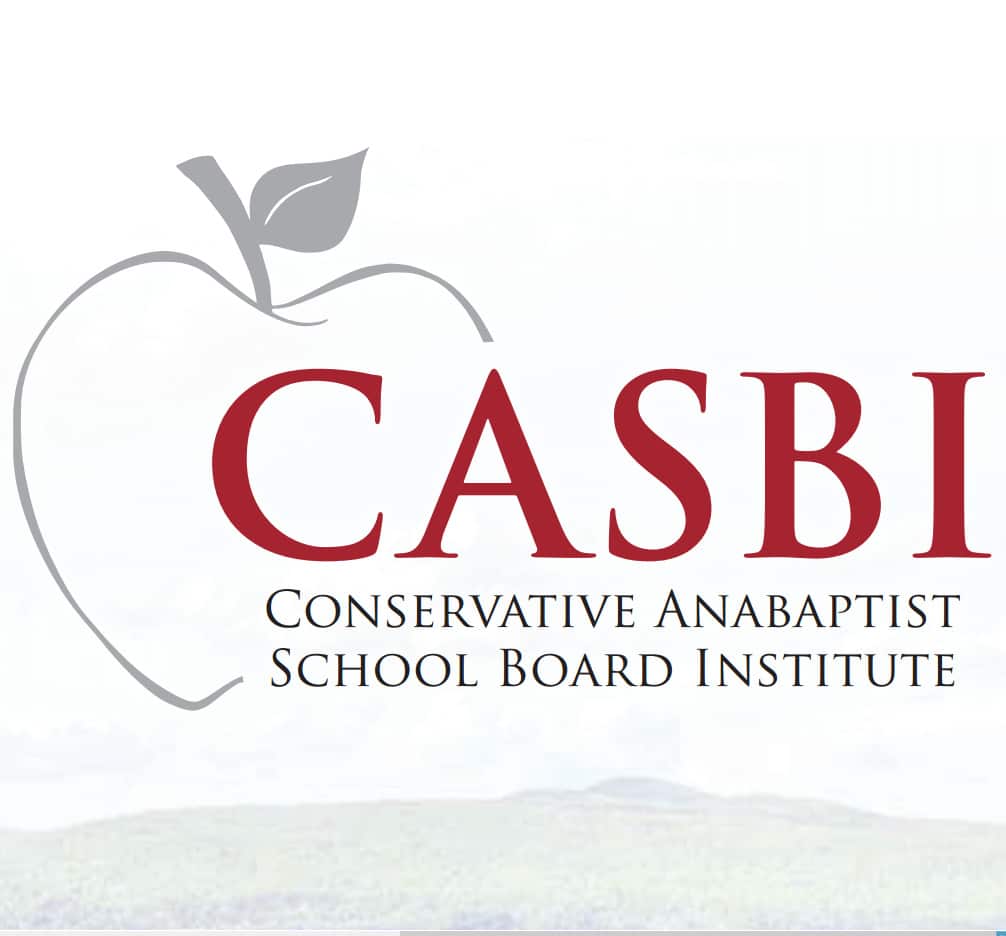Equipping and Supporting Your Teachers
“The best thing about being a teacher is that it matters. The hardest thing about being a teacher is that it matters every day.” This, says Anthony, is why teachers need support. Anthony encourages the training and development of current and potential teachers.
Leave a Reply
Feedback





